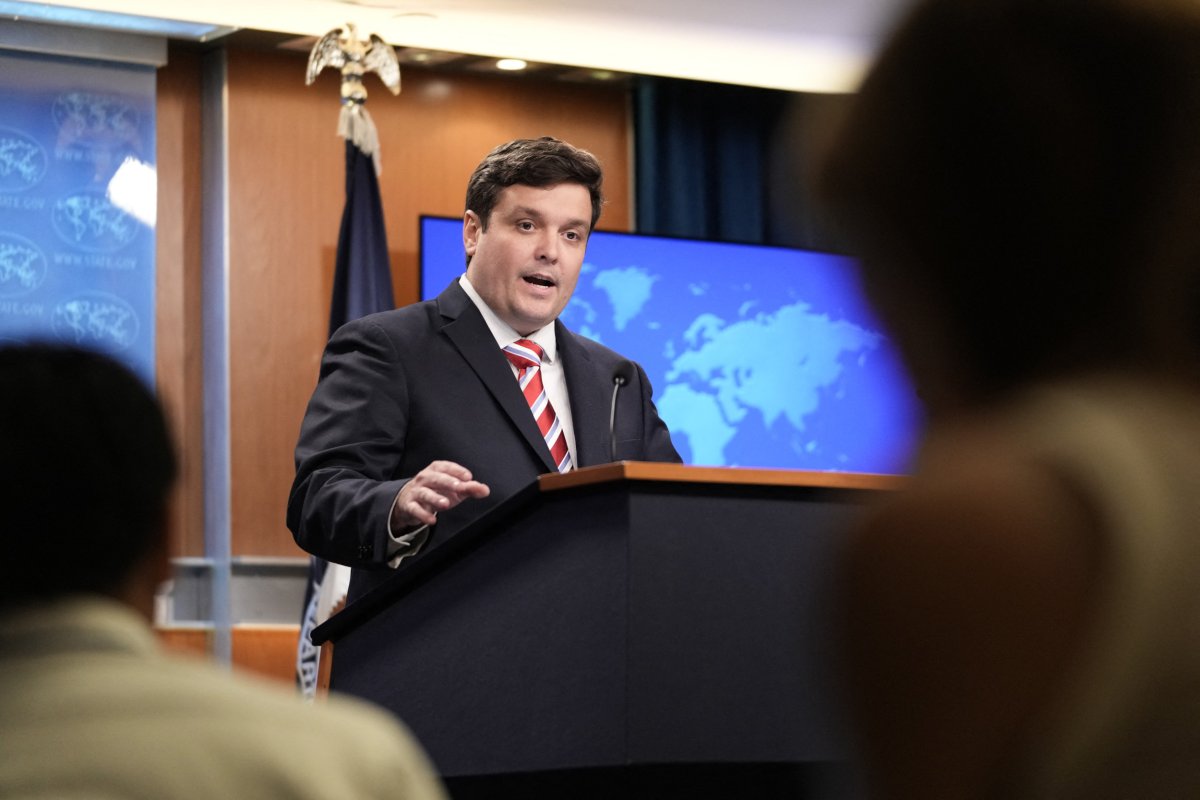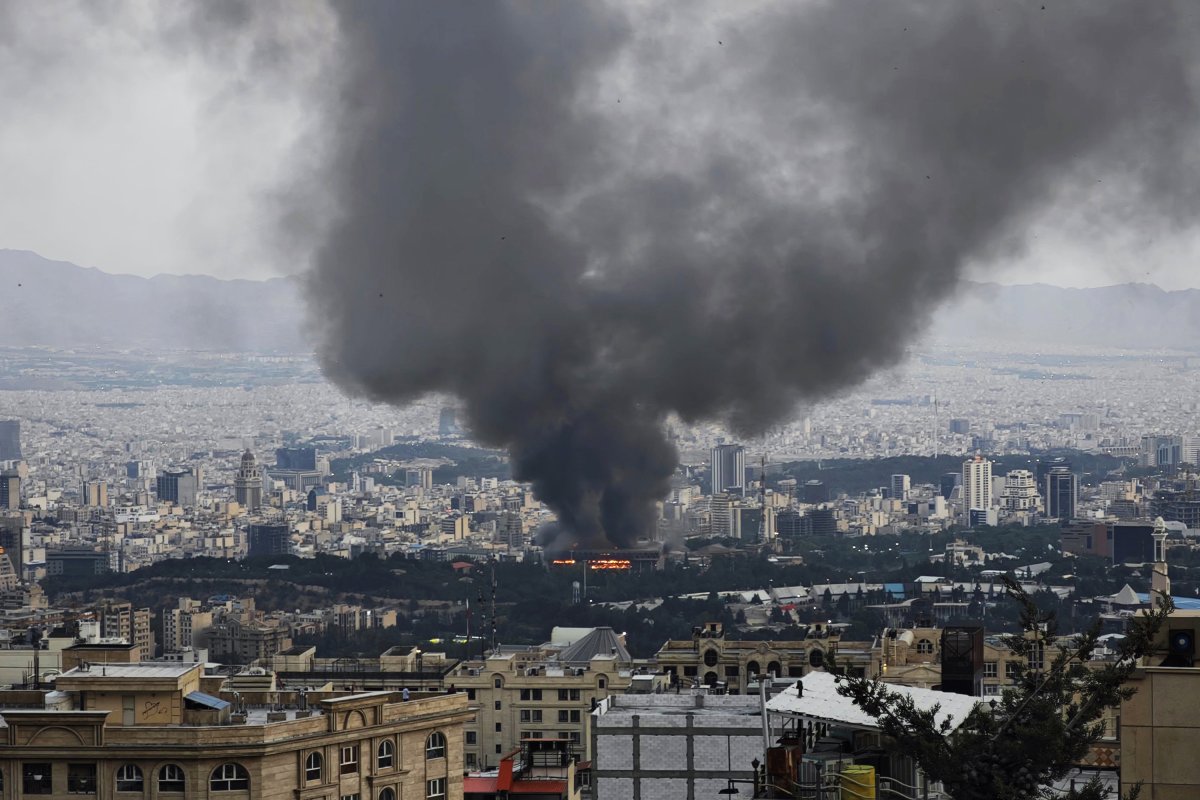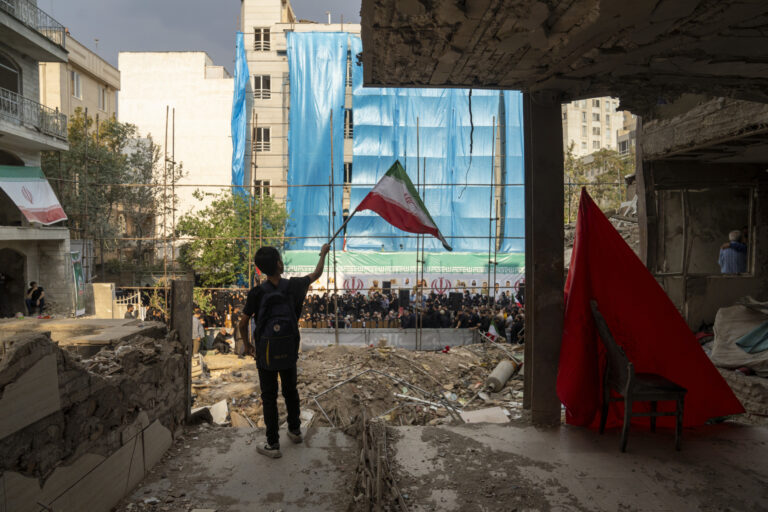The United States has sharply rejected Iran’s call for financial compensation following recent American strikes on Iranian nuclear facilities, calling the request “ridiculous” and urging Tehran to end its destabilizing activities if it hopes for economic relief or sanctions relief.
Iranian Foreign Minister Abbas Araghchi told the Financial Times that Washington must accept responsibility for the attacks and provide financial redress before nuclear negotiations could resume. U.S. State Department Principal Deputy Spokesperson Tommy Pigott dismissed that position in a press briefing, saying the U.S. remained open to diplomacy but insisted the burden of progress now lay with Iran.
Newsweek has reached out to the State Department and Iran’s Foreign Ministry for comment.
Why It Matters
The exchange highlights deepening diplomatic tensions between Tehran and Washington, even as both sides navigate the fragile aftermath of June’s military confrontation, when the U.S. and Israel carried out joint strikes on Iranian targets, including Iran’s nuclear facilities. Tehran’s insistence on reparations underscores the rising political stakes surrounding stalled nuclear talks, while the U.S. response signals a hardened stance against further concessions.
With nuclear diplomacy at a standstill and regional actors watching closely, the current impasse could have far-reaching consequences for nonproliferation, sanctions policy, and regional security in the Middle East.

Majid Saeedi/Getty Images
What to Know
Pigott offered a forceful rebuff of Iran’s compensation demand, stating it was inconsistent with Tehran’s actions in the region.
“Any demands for financial compensation from the United States to the Iranian regime are ridiculous,” Pigott said at the Washington briefing.
He accused Iran of misallocating resources and prolonging its own isolation through aggressive behavior.
“If the Iranian regime really wanted to save money, they would stop funding terrorist death squads, stop oppressing their own people, and stop wasting money on a nuclear program that isolates them further,” he added.
Room for Diplomacy?
Despite the strong rhetoric, Pigott signaled that the U.S. was not closing the door on negotiations.
“Iran has a short window of opportunity, but the ball is in Iran’s court,” he said. “We’re waiting to see what they do.”
His remarks followed Araghchi’s assertion that Tehran would not return to talks without “confidence-building measures,” including financial redress and assurances against further strikes.
Iran and the U.S. had been engaged in nuclear negotiations and had additional talks scheduled before initial Israeli strikes on June 13.
Stalled Nuclear Talks
Araghchi added that Iran and the U.S. had exchanged messages throughout the June war but described the diplomatic path as narrow. He warned that any effort by European nations to reinstate U.N. sanctions under the 2015 nuclear accord would terminate talks with the U.K., France and Germany.
“With the Europeans, there is no reason right now to negotiate. They cannot lift sanctions, they cannot do anything.” he said.

Oliver Contreras/Getty Images
What People Are Saying
U.S. State Department Principal Deputy Spokesperson Tommy Pigott: “Any demands for financial compensation from the United States to the Iranian regime are ridiculous.”
Iranian Foreign Minister Abbas Araghchi: “They should explain why they attacked us in the middle of …negotiations, and they have to ensure that they are not going to repeat that and they have to compensate [Iran for] the damage that they have done.”
What Happens Next
Technical discussions between Iran and the International Atomic Energy Agency are expected in the coming weeks, though formal negotiations between Tehran and Western powers remain frozen amid mutual distrust and the recent imposition of new sanctions.

Getty Images


